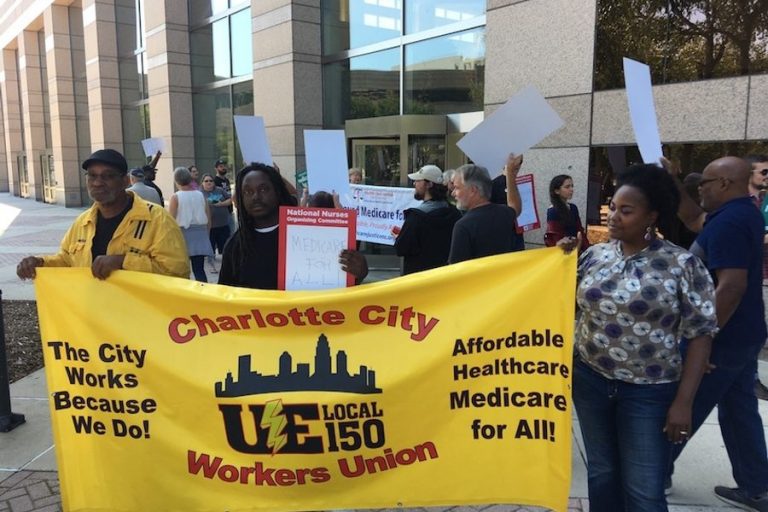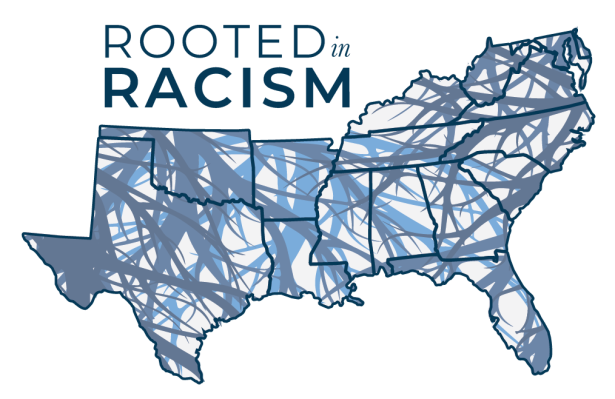US: $1.6 Billion For Propaganda, Nothing For Infrastructure
The United States has approved $1.6 billion to counter what it calls China’s “malign influence” abroad. The funding goes to foreign media outlets, NGOs, influencers, and think tanks that align with Washington’s preferred messaging.
This is not defense spending. It is not humanitarian aid. It is a global messaging campaign, funded by taxpayers. The U.S. says it cannot afford healthcare, housing, or student debt relief.
But it finds $1.6 billion to run media campaigns in Vietnam, Nigeria, and Colombia.
This is not sustainable. It is not defensible.
If the government can find this money for foreign propaganda, it can find the money for clean water in Flint, or housing in Los Angeles.
It chooses not to.















